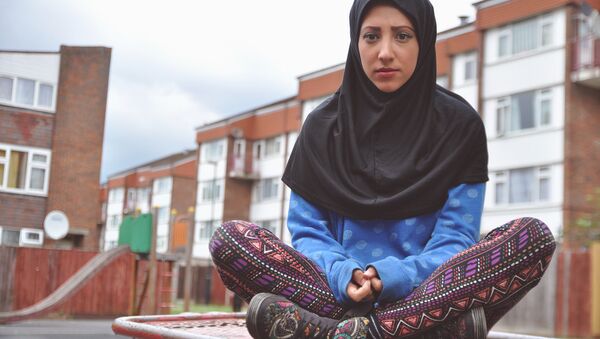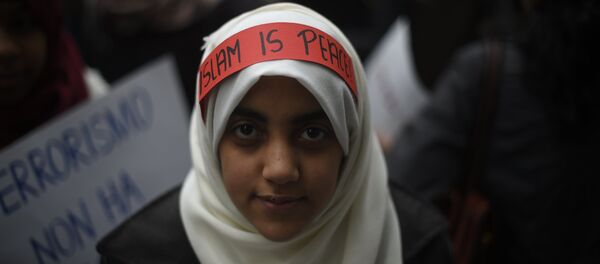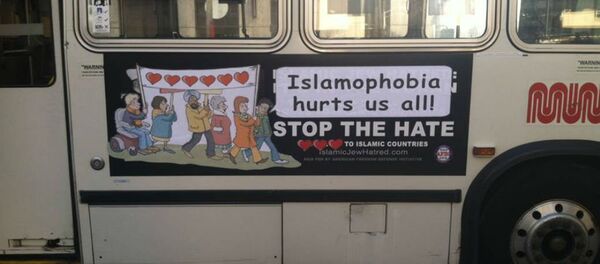The challenge of acceptance for the Muslim community in France is nothing new, according to Mustapha. The topic dominated elections in 2007, as an anti-immigrant and anti-Muslim debate nearly overshadowed the campaign. French President Nicolas Sarkozy at the time launched a "national debate on French identity," which legitimized the conversation on Islamophobia.
"Today for many Muslims there is a very strong sentiment of ‘us' and ‘them,' and that sentiment is reinforced by the political class," she said.
In the wake of the burkini ban, some intellectuals in France have suggested that "the French are actually undressing women for liberation," just like the US "is bombing countries for democracy." There are very few opposition voices to this phenomenon.
"There is a sort of competition amongst politicians and amongst media figures as to who will come out with the most Islamophobic statement," she added.
Unlike the US, France focuses on assimilation rather that diversity, Mustapha opined.
As Joan Wallach Scott, an American historian of France, put it, "equality comes from sameness." And, amid preventing schoolgirls from wearing headscarves, "rather than encouraging students to release their individual potentials for the common good, French education shapes them as acceptable citizens — a process which alienates students from their intrinsic social and intellectual capacities," Nick Riemer, an Australian political activist and an academic at the University of Sydney, wrote.
Meanwhile, anti-Muslim fear escalates and what steps the French will take to mitigate the causes remains an open question.




